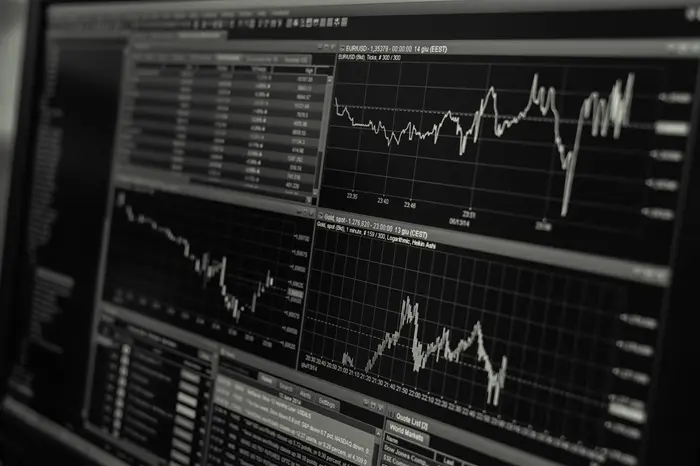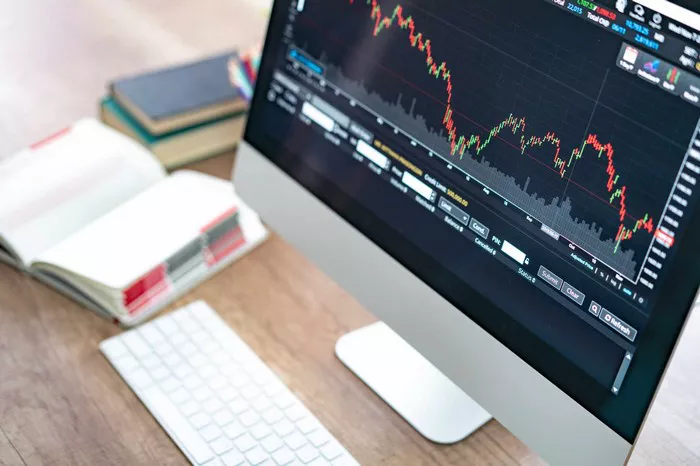Operating a well-funded foreign exchange (forex) account requires a blend of knowledge, strategy, and discipline. Forex trading, the exchange of currencies on a global scale, offers significant profit potential but comes with considerable risk. This article outlines nine ways to manage a well-funded forex account effectively, ensuring you maximize returns while minimizing risks.
1. Develop a Robust Trading Plan
Understand Your Goals and Risk Tolerance
Before you start trading, it’s crucial to understand your financial goals and risk tolerance. Are you looking for short-term gains, or are you investing for the long term? How much risk are you willing to take? Defining these parameters helps in crafting a trading plan tailored to your specific needs.
Set Clear Objectives
Clear objectives are the cornerstone of a robust trading plan. Determine your profit targets, loss limits, and the amount of capital you’re willing to allocate for each trade. Setting these boundaries in advance helps in maintaining discipline and avoiding emotional decisions.
Strategy Selection
Choose a trading strategy that aligns with your objectives and risk tolerance. Popular strategies include day trading, swing trading, and position trading. Each has its advantages and requires different levels of commitment and analysis.
See Also: 6 Best Forex Brokers
2. Leverage Proper Risk Management
Use Stop-Loss and Take-Profit Orders
Stop-loss and take-profit orders are essential tools in risk management. A stop-loss order automatically closes a trade at a predetermined loss level, preventing further losses. A take-profit order locks in profits when the market reaches a specified price.
Position Sizing
Position sizing involves determining the amount of capital to invest in a single trade. A general rule is to risk no more than 1-2% of your trading capital on any single trade. This approach ensures that no single loss can significantly impact your overall account balance.
Diversification
Diversification reduces risk by spreading investments across various currency pairs. This strategy minimizes the impact of adverse movements in any single currency pair.
3. Stay Informed About Market Conditions
Follow Economic Indicators
Economic indicators such as GDP, employment rates, and inflation significantly impact currency values. Keeping track of these indicators helps in making informed trading decisions.
Monitor Geopolitical Events
Geopolitical events, including elections, wars, and trade agreements, can cause significant volatility in the forex market. Staying informed about global news helps anticipate market movements and adjust your trading strategies accordingly.
Use Technical and Fundamental Analysis
Combine technical and fundamental analysis to gain a comprehensive understanding of market conditions. Technical analysis involves studying price charts and patterns, while fundamental analysis focuses on economic indicators and news events.
4. Utilize Advanced Trading Tools
Trading Platforms and Software
Choose a reliable trading platform with advanced features such as charting tools, automated trading options, and real-time data feeds. Platforms like MetaTrader 4 and 5 are popular among forex traders for their robust functionalities.
Automated Trading Systems
Automated trading systems, also known as algorithmic trading, use pre-set rules to execute trades automatically. These systems can help remove emotional biases and ensure consistent trading practices.
Expert Advisors
Expert Advisors (EAs) are automated trading scripts that operate within trading platforms. They can be customized to execute trades based on specific criteria, providing a hands-free trading experience.
5. Maintain Emotional Discipline
Avoid Emotional Trading
Emotions can cloud judgment and lead to impulsive decisions. Fear and greed are the two primary emotions that affect traders. Fear can cause premature selling, while greed can lead to overtrading. Maintaining emotional discipline is crucial for long-term success.
Stick to Your Plan
Once you’ve developed a trading plan, stick to it. Avoid making changes based on short-term market fluctuations. Consistency is key to achieving your long-term financial goals.
Learn from Mistakes
Every trader makes mistakes. The important thing is to learn from them. Analyzing your past trades helps in identifying patterns and improving your strategy.
6. Keep a Trading Journal
Record All Trades
Maintaining a trading journal involves recording all your trades, including entry and exit points, position sizes, and outcomes. This practice helps in tracking your performance and identifying areas for improvement.
Analyze Performance
Regularly review your trading journal to analyze performance. Look for trends and patterns in your trades, and use this information to refine your strategy.
Adjust Strategies Based on Analysis
Use the insights gained from your trading journal to make necessary adjustments to your strategies. Continuous improvement is essential for long-term success in forex trading.
7. Manage Your Funds Wisely
Allocate Funds Appropriately
Proper fund allocation is crucial for managing a well-funded forex account. Ensure that you have sufficient capital to cover potential losses and margin requirements.
Withdraw Profits Regularly
Regularly withdrawing profits helps in locking in gains and reducing the temptation to reinvest everything. This practice also ensures that your account remains well-funded.
Avoid Over-Leveraging
Leverage allows traders to control larger positions with a smaller amount of capital. While leverage can amplify profits, it also increases the risk of significant losses. Use leverage cautiously and within your risk tolerance limits.
8. Continuously Educate Yourself
Stay Updated with Market Trends
The forex market is dynamic and constantly evolving. Staying updated with the latest market trends and developments is crucial for making informed trading decisions.
Participate in Webinars and Workshops
Webinars and workshops provide valuable insights from experienced traders and market experts. Participating in these events helps in enhancing your knowledge and staying ahead of market trends.
Read Books and Articles
There are numerous books and articles available on forex trading. Reading these resources helps in gaining a deeper understanding of market dynamics and trading strategies.
9. Work with a Financial Advisor
Seek Professional Guidance
Working with a financial advisor provides an additional layer of expertise and guidance. A professional advisor can help in developing a comprehensive trading plan, managing risks, and optimizing returns.
Regularly Review Your Account
Regular reviews with your financial advisor ensure that your trading plan remains aligned with your financial goals. These reviews also provide an opportunity to make necessary adjustments based on market conditions and performance.
Use Advisory Services
Many financial institutions offer advisory services for forex trading. These services provide market analysis, trading signals, and personalized advice, helping you make informed trading decisions.
Conclusion
Operating a well-funded foreign exchange account requires a combination of strategic planning, disciplined execution, and continuous learning. By developing a robust trading plan, leveraging proper risk management, staying informed about market conditions, utilizing advanced trading tools, maintaining emotional discipline, keeping a trading journal, managing funds wisely, continuously educating yourself, and working with a financial advisor, you can maximize your returns and minimize risks. Forex trading offers significant profit potential, but it requires a systematic and disciplined approach to succeed in the long term.
Related topics:






























